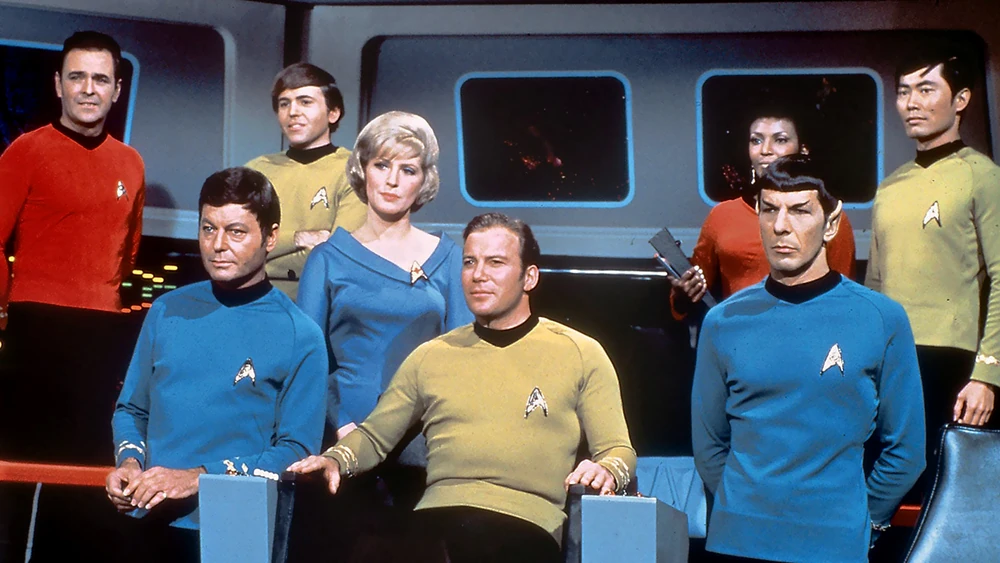Athanasius of Alexandria (abt AD 296-372) is one of the most significant theologians of the golden age of patristic thought. He served as deacon and secretary to Bishop Alexander of Alexandria, and in that capacity Athanasius attended the Council of Nicaea (AD 325). With the death of Alexander (AD 328), Athanasius was elected to succeed him. He was a giant of the Faith who engaged in theological controversy and political intrigue with emperors and bishops in defense of Nicene orthodoxy. He was known as a man of fiery and uncompromising disposition, expressed in the maxim “Athanasius against the world!”
Reflecting on Cyprian’s Vision of the Church
Cyprian was born in AD 210 in northern Africa of Berber descent. He became the bishop of Carthage in 249. He is remembered because of his strong pastoral leadership, his mediating position in the restoration of clergy who denied the faith during persecution, and his writings, especially those on the theology of the church. He was executed as a martyr on September 14, 258.
Continue reading “Reflecting on Cyprian’s Vision of the Church”
Irenaeus: On the Apostolic Preaching – A Reflection
Irenaeus presents a historical narrative of God’s revelation to humanity and how that revelation has redeemed humanity. The narrative is informed by the Old Testament and the apostolic writings. Throughout his work, Irenaeus insists that fidelity to the rule of faith – that doctrine received from the apostles – is essential to salvation. Here Irenaeus presents two essential elements in Christian theological reflection – (1) the Bible (2) read through the apostolic tradition. This work seems to be an early baptismal catechesis and its purpose is to promote the holiness of life.
Continue reading “Irenaeus: On the Apostolic Preaching – A Reflection”
Star Trek and the Mission of God
Anyone who knows me well knows that I am a “Trekkie.” My childhood heroes were Captain James T. Kirk, Mr. Spock, and the crew of the Starship Enterprise – NCC 1701. The bold explorations of the crew of the Enterprise thrilled my young mind. I have suggested to my wife that the theme from Star Trek (Where No Man has Gone Before, Alexander Courage) should be played at my funeral as the pallbearers are carrying me out.
Calling Down Fire
We live in a rapidly changing society that has determined to reject the invitation to repent and inherit the kingdom of God. The issue before us is how do we continue to proclaim the good news of Jesus Christ in a hostile environment?
The Priority of Love
And a lawyer stood up and put [Jesus] to the test, saying, “Teacher, what shall I do to inherit eternal life?” And He said to him, “What is written in the Law? How does it read to you?” And he answered, “You shall love the Lord your God with all your heart, and with all your soul, and with all your strength, and with all your mind; and your neighbor as yourself.” And He said to him, “You have answered correctly; do this and you will live” (Luke 10:25-28).
The lawyer’s question is very straightforward – it’s about salvation.
Awake, But Not Woke
Throughout the Bible, sinful humanity is described as dead in sin, or asleep. The Spirit of God moves upon us to awaken us, to raise us from the dead. Those who have been awakened by the Spirit of God become intensely self-aware of our own sinfulness, and the oppression of sin throughout human society. In Pentecostalism, and its revivalistic forebears, we speak of awakenings – seasons of divine intervention in which a lukewarm church is revived. As we try to navigate through the present postmodern fog many of us are yearning for another awakening.

